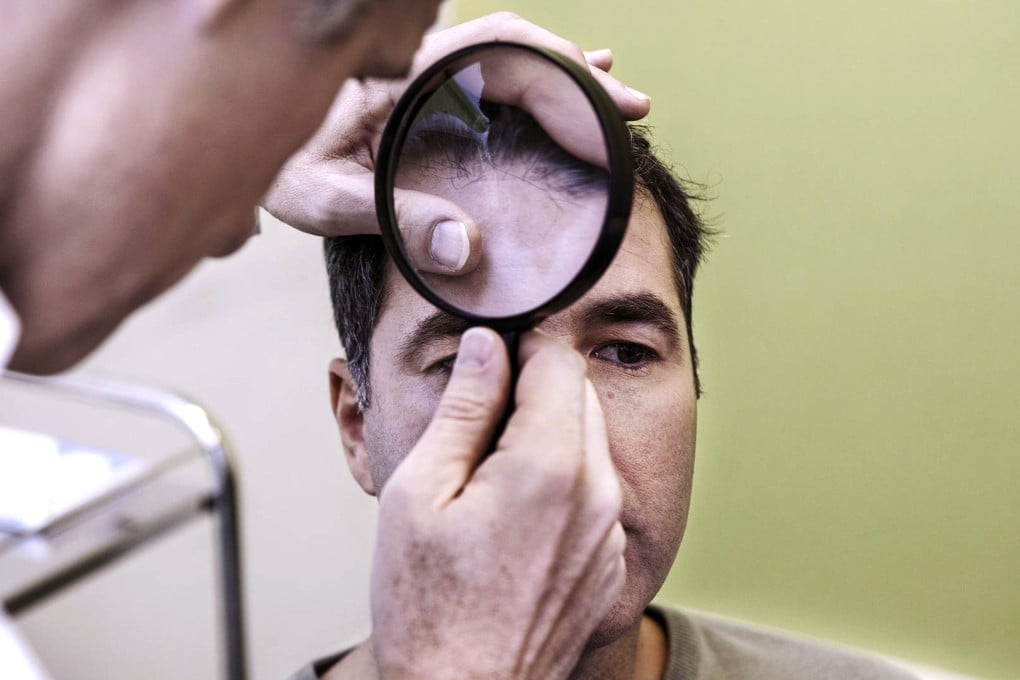The bald facts about diet: to avoid hair loss, you need meat

Is your crowning glory looking a little lacklustre? Before you dig into hair products and treatments, examine first what's on your plate. What fuels our body and mind are also key factors for hair health.
"Eating a healthy, balanced diet and avoiding excessive stress, extreme diets and fast weight loss are vital in maintaining healthy hair growth," says Lisa Caddy, a certified trichologist with Philip Kingsley, a leading authority in hair and scalp health from London.
The irony: what many people think of as a healthy diet - that is, mainly consisting of fruit and vegetables, with minimal protein and calories - often doesn't include all the elements needed for optimum hair growth, Caddy says.
To function at their best, the cells in the hair and throughout the body need a balance of proteins, complex carbohydrates, iron, vitamins and minerals.
Meats, especially red meats, are particularly important because they're the richest sources of ferritin, a stored iron that helps the body produce hair cell protein.
"If you have a [ferritin] deficiency, the growth of hair cells can be badly affected … vegans, vegetarians, and those who choose not to eat red meats are most susceptible. This is especially true of menstruating women," says Caddy, who adds that ferritin deficiency is by far the most common cause of hair loss in women.